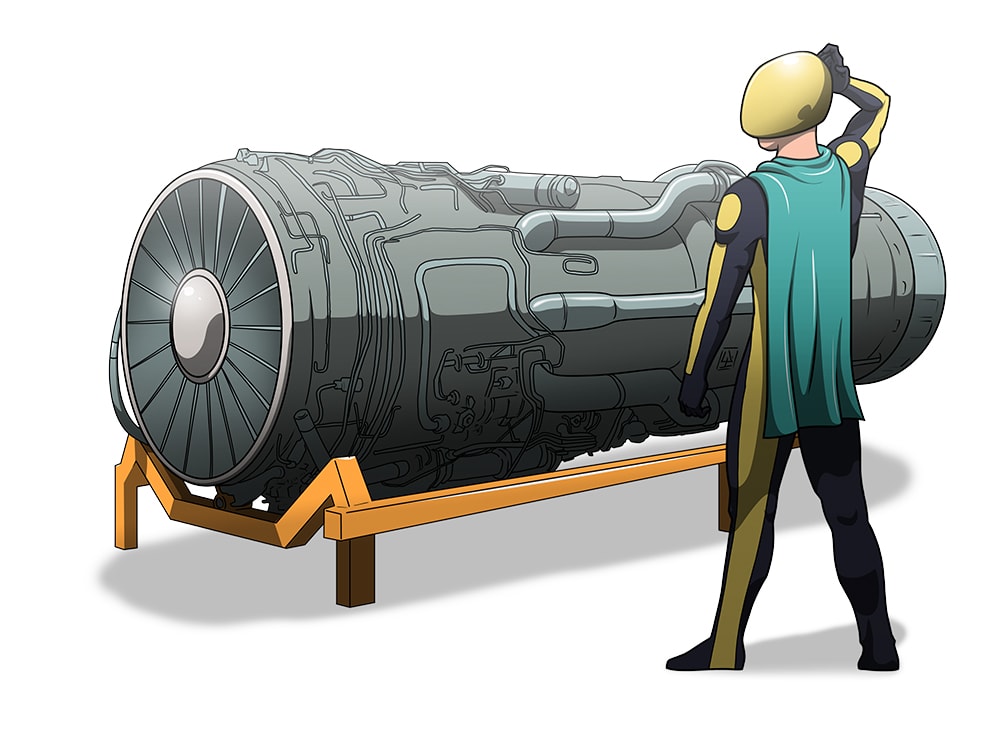 AI versus EI
AI versus EI
In the Harvard Business Review, ‘The rise of AI makes Emotional Intelligence more important’, the authors set out a very real reasoned case in support of developing Emotional Intelligence (EI) alongside the adoption of digital and AI technology.
They conclude their article with 3 recommendations:
1. Don’t fight the progress of technology
2. Examine your own capabilities – recognise your strengths and weaknesses when it comes to EI
3. Invest in developing your EI – focus on how you can better manage, influence, and relate to others.
At Ionology, we believe that the third recommendation is actually very profound (possibly more profound than the authors intended) and displays one of those simple truths that as leaders we often miss because we are focussing on business as usual and missing the essence of the change that we need to bring about.
The simple truth is that you cannot bring about transformational change without first of all changing your organisation’s mindset. You cannot develop EI for the AI age unless you have first developed the right mindset for the AI age.
At Ionology, we have witnessed and helped many organisations that have invested and adopted significant digital and AI technology but left their leaders and general workforce in the analogue age.
The savvy leader will focus on EI as AI develops but will first ensure that all the key leaders in the organisation (not just those in the Boardroom) can develop the right mindset. The savvy leader will realise that he or she doesn’t need more information regarding the ‘the nuts and bolts of AI’ they need to understand the impact of AI and feel the essence of AI. The savvy leader understands the digital transformation or AI framework that he or she needs to work within to ensure new innovative mindset.
It could be argued that you need the right mindset before you develop your strategy but in reality, changing mindset and developing strategy go together. The most important change that digital and AI bring about is the focus of organisations switching from an ‘inside-out’ to ‘outside-in’ focused business strategy.
In the Bain Report, ‘The Firm of the Future’, the authors set out 5 emerging themes for leadership teams:
1. Scale and Customer intimacy
2. Professional; managers v mission-critical roles
3. Assets v ecosystems
4. Capital gets a reboot
5. Engine1 v engine 2
The report argues that these new themes come about by because the prevailing paradigm that has underpinned business for the past 50 years is under review, the importance of speed and customer intimacy has increased dramatically, and a new mindset is required.
Digital and AI mindsets are developed by gaining an insightful understanding of the essence of the transformation required by gaining an understanding of the real impact on customers, staff and stakeholders in your sector and by gaining a real appreciation of the change required to allow the full potential to be realised.

A pilot doesn’t need to understand the workings of a jet engine to fly a plane; however, the pilot does need to understand the planes capabilities, power, and strengths/weaknesses in different environments. Having a detailed technical knowledge of the jet engine would not necessarily allow a pilot to competently fly the plane.
Just like the pilot, leaders don’t need to know the inner workings of AI or the latest emerging technology. They do, however, need to understand its capabilities and the opportunities it could create for the organisation.
Adopting the right mindset is essential, although often overlooked by leaders; it is the magic sauce needed to ensure the digital or AI transformation will succeed.
At Ionology, we help develop the leader’s digital mindset. Adopting the right mindset is a cornerstone of our of all our digital transformation and AI leadership courses.


